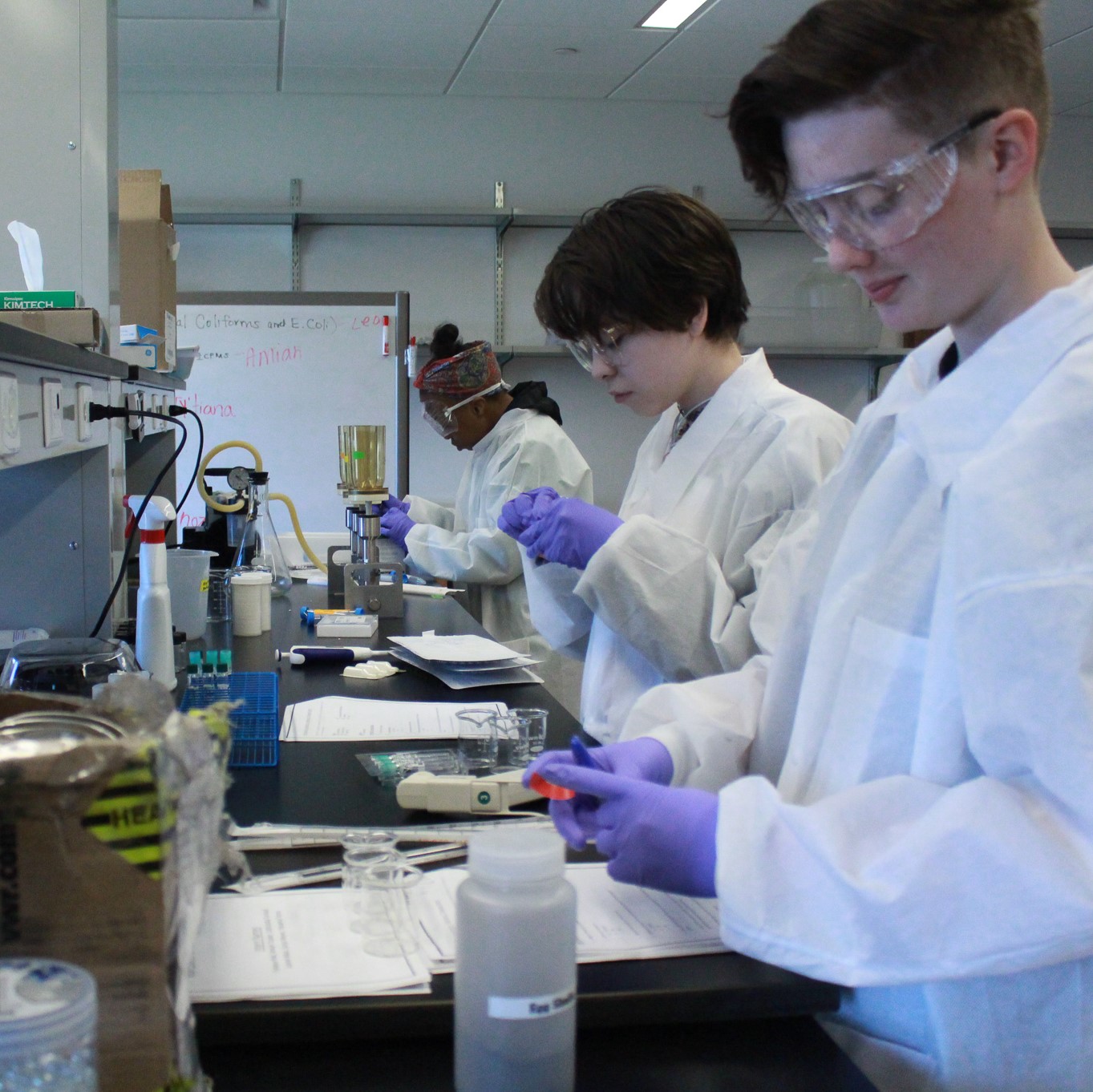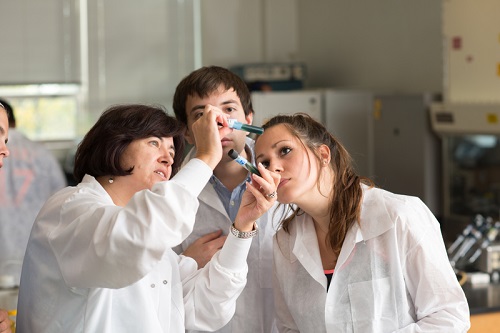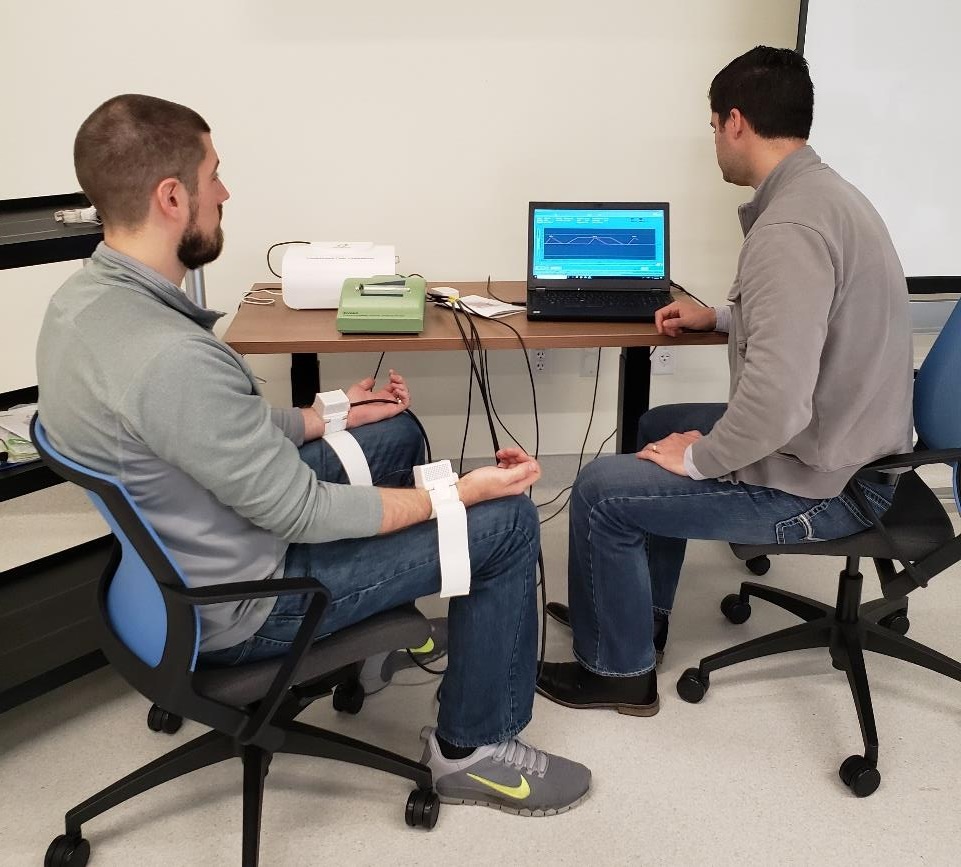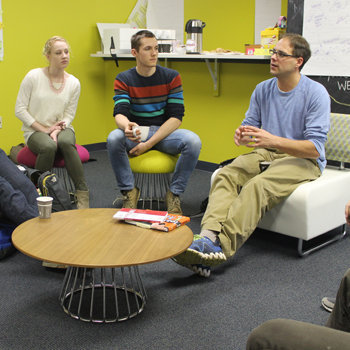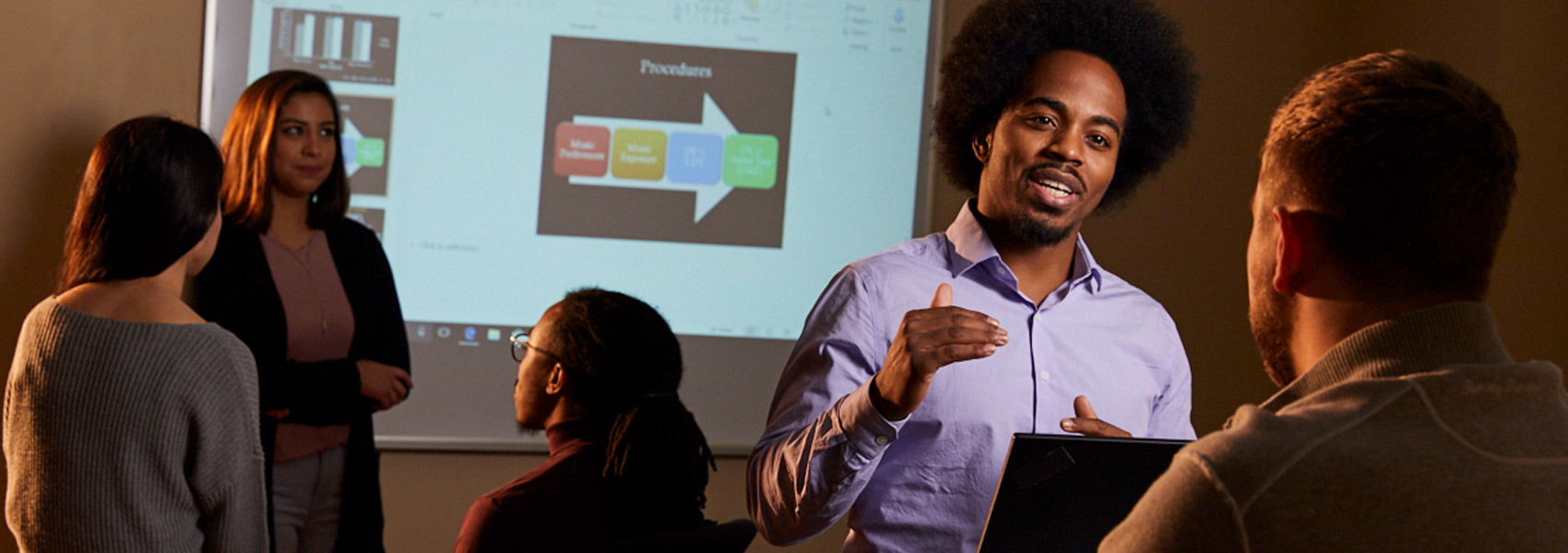Tips for Finding a Potential Faculty Mentor
The Approach
- If you wish to meet with a faculty member regarding research opportunities, send an email to the faculty member or chat with them after class (if it is convenient).
- Within your email,
- Indicate your knowledge of the faculty member's research area or project
- Indicate your reasons for interest in research, your skills, qualifications, and willingness to learn, etc. Indicate whether or not you are interested in a new project (and if a possible on-campus program might be a good fit) or an already existing project.
- Request a meeting (consider the office hours of the faculty member, and if possible, make an appointment during this time)
- Sample emails to consider
The Meeting
- Leave plenty of time for your meeting. Don't schedule a meeting too close to a class or other activity. Be on time.
- Be inquisitive, and be prepared to talk about yourself, your long term academic and career goals, and why you're interested in this project or mentor. Prepare what you'd like to say.
- Potential mentors may ask for a CV/resume, a transcript, your hours of availability, and references.
- Ask questions:
- Follow-up and clarify.
- Explain your goals and motivations. Will they be met through this project?
- Ask about mentorship and supervision. WIll you work with the professor or a graduate student?
- What are the group expectations (hours a week, absences, preferred method of communication)?
- What is the lab or project culture?
- If you will be graded, on what will your grade be based?
- What are the expectations to be accomplished by certain points throughout the points?
- What are potential further steps that may result from this project (presentations, publications, etc.)?
Check-ins throughout the Semester
To gain the most from your research experience, consider checking in with your mentor at various points of the research experience. Consider discussing the following:
- What did you plan on accomplishing during this period of time, and what did you actually accomplish?
- What challenges did you face, and how did you overcome them?
- What prevented you from accomplishing certain tasks, and how can you alter your process to fix this in the future?
- What additional training/guidance would help you achieve your upcoming goals? What tools and resources might you need? What can your mentor do to help?
- What are some lessons that were learned?
- What are your goals for the upcoming period of time? How did your previous experiences shape these goals?
Maintaining the Mentorship Relationship
To gain the most from a mentor-mentee relationship, consider doing the following:
- Meet regularly to stay connected, check-in on progress, brainstorm solutions, give/receive feedback, and maintain effective communication.
- Regularly ask for feedback and adjust your plans to address this feedback.
- Take part in the overall research environment. Attend meetings in an effort to connect with your mentor and other researchers as well as to learn about the complete research experience.
- Talk with your mentor about their experiences and knowledge. You may gain insight into what research can mean for you beyond this specific moment in your life. Your mentor might have advice for you on how to pursue this field or other opportunities in the future, or what might be the next step with the research.
- Ask for help. If you are having issues, don't be afraid to talk to your mentor. They are there to offer assistance and to try to make sure that this research experience is positive for everyone involved.
